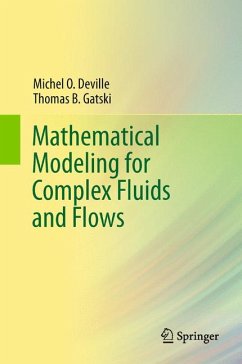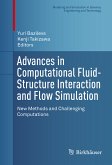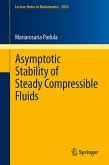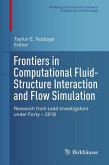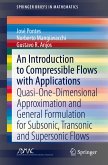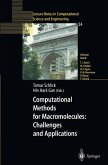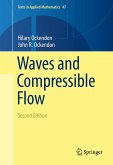The book develops a descriptive mathematical model articulated through continuum mechanics concepts for these non-Newtonian, viscoelastic fluids and turbulent flows. Each complex fluid and flow is examined in this continuum context as well as in combination with the turbulent flow of viscoelastic fluids. Some details are also explored via kinetic theory, especially viscoelastic fluids and their treatment with the Boltzmann equation. Both solution and modeling strategies for turbulent flows are laid out using continuum concepts, including a description of constructing polynomial representations and accounting for non-inertial and curvature effects.
Ranging from fundamental concepts to practical methodology, and including discussion of emerging technologies, this book is ideal for those requiring a single-source assessment of current practice in this intricate yet vital field.
Dieser Download kann aus rechtlichen Gründen nur mit Rechnungsadresse in A, B, BG, CY, CZ, D, DK, EW, E, FIN, F, GR, HR, H, IRL, I, LT, L, LR, M, NL, PL, P, R, S, SLO, SK ausgeliefert werden.
Hinweis: Dieser Artikel kann nur an eine deutsche Lieferadresse ausgeliefert werden.

